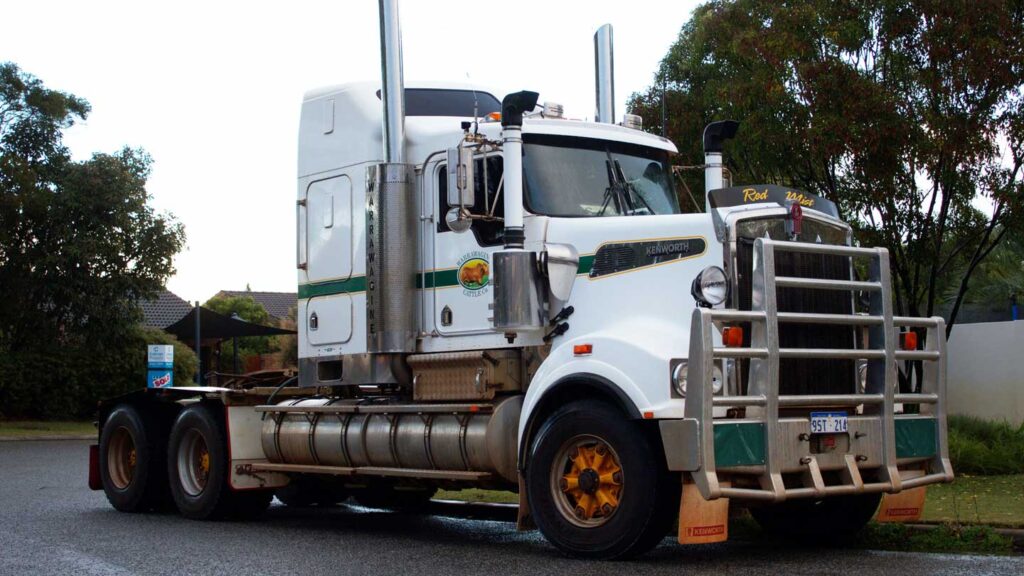The maze of state-by-state trucking permit requirements may be difficult to navigate. The application for a permit is complicated by the fact that each state has its own laws and procedures. But don’t worry; we’ll explain everything in plain English.
This article will demystify the maze of different state trucking licenses, arming you with the information you need to remain in compliance and keep your truck rolling smoothly across borders. So, continue reading before you look for the class 2 truck route Illinois.
Understanding State-Specific Permit Variations
various states have various requirements for commercial truck drivers’ licenses. Permits may range from being issued for items that are above or under a certain weight, to being classified as hazardous materials, and more.
Understanding these distinctions is critical for being well-prepared in any jurisdiction in which you do business. For instance, if you’re hauling an enormous cargo over state lines, you’ll need an oversize permit from each of those states.
A similar overweight permission will be required if your consignment weighs more than the maximum allowed. You may better prepare for your trips by knowing the rules and regulations that apply to the various permits you’ll need, as well as by adjusting your plans accordingly.
Researching State-Specific Regulations
Doing your homework is essential when applying for a trucking license in a state that requires it. Permit requirements, fees, application processes, and any additional restrictions that may apply to your cargo or vehicle type are all governed by each individual state’s rules.
Spend some time learning the rules so you can follow them. Learn the precise permission needs by researching state transportation agencies and visiting their websites.
You can learn everything about the rules in any state you do business in if you take the time to do your homework. You may more easily and efficiently collect the data and complete the steps necessary.
Navigating State Permit Application Processes
The application requirements for state-issued trucker licenses might vary widely from one jurisdiction to the next. It is essential to learn about these procedures and know the correct order in which to submit your applications for permission.
Get your documentation in order first, including proof of ownership, insurance, and load specifications. You should be ready to provide details regarding the shipment’s origin and final destination, as well as its size and weight.
Additional paperwork, such as safety permits or certifications of conformity, may be necessary in some states. Once you have gathered the required materials, it’s time to follow the state transportation department’s application instructions to the letter.
Hiring Permit Services for State Compliance
It may be difficult and time-consuming for busy trucking firms to figure out the ins and outs of state-by-state transportation licenses. Here is when the assistance of a professional permit provider comes in handy.
You can be certain that your permissions will be secured accurately and on time with the help of these businesses, which focus on handling permits and keeping up with ever-changing requirements.
These professionals will apply for permits on your behalf and meet all state criteria, since they are well-versed in the nuances of each jurisdiction.
Managing Renewals and Expirations
Make a thorough calendar or invest in permit management software to keep tabs on when your permits are about to expire. Maintain proactivity by beginning renewal procedures early to minimize permit lapses.
Keep in mind that you may have to provide additional documentation or pay a renewal charge to complete the renewal procedure for class 2 truck route Illinois. Maintaining compliance and avoiding fines or delays may be accomplished by keeping on top of permit renewals and taking preventative measures.
Conclusion
State trucking permits might be confusing, but with the appropriate information, you can find your way through the system. Doing your homework, becoming organized, and paying close attention to detail are all crucial.
You’ll be prepared for success if you take the time to learn about the many types of permits, do research on state-specific rules, successfully complete the application procedure, think about using a permit provider, and keep track of renewals.
If you want to keep your transportation company running smoothly and avoid fines, compliance is a must. Keep yourself updated and organized and keep moving forward.


